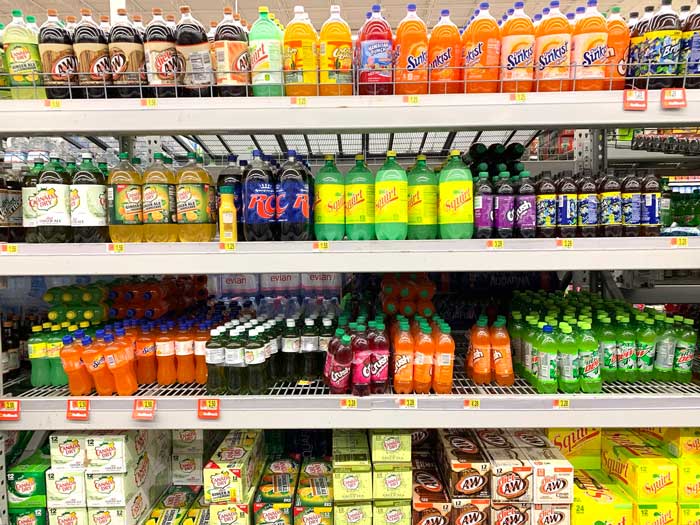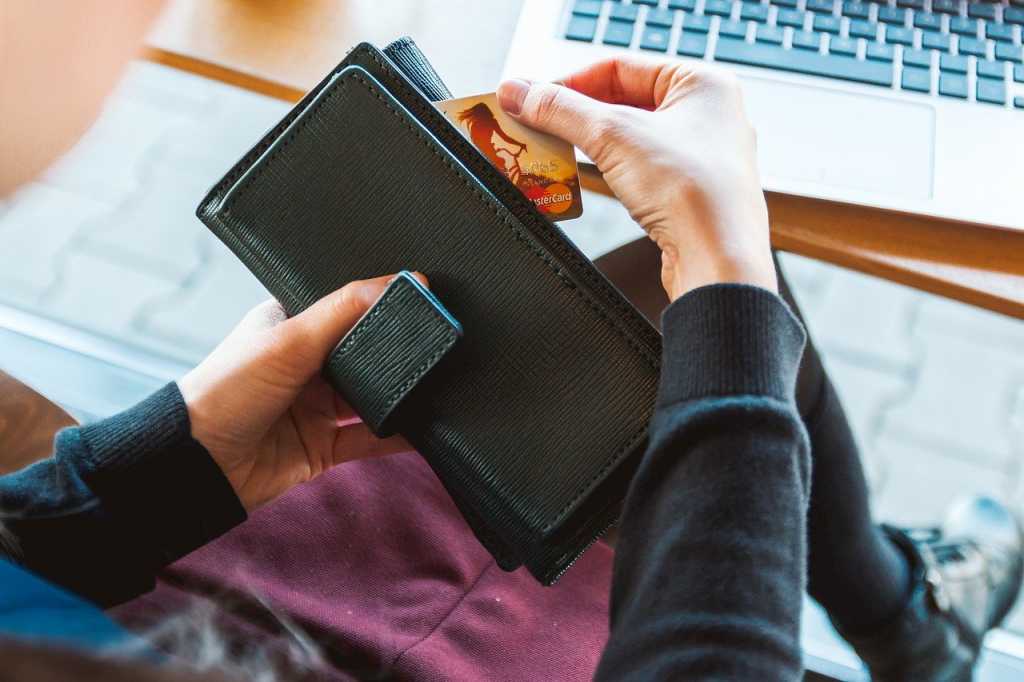You know some people (probably quite a lot) whose homes are stuffed with things. That happens when people buy up everything that comes their way (which sooner than not puts them in the red). As NPR.org informs, the size of the average American residence used to be 1,000 square feet in the 1950s, but is now more than twice as big, going on to the number 3,000. Why does it happen? The reasonable answer is because it has to house all our purchases. But are they all so necessary? What makes us buy more stuff than we actually need?
Things around us create the illusion of security
How would we feel without a fixed abode and clothing? They give us the feeling of security; and as our belongings grow, this feeling gets stronger. We feel it without pondering whether we really need those items. Yet when things are not used, they turn bad, get spoiled, refuse to be switched on. They get out of sight and get lost. This process breaks down the stability instead of supporting it.
One for myself and one for the partner
How often does it happen when you buy something and then it occurs to you to make it a present for someone else? Or the other way round? Maybe it is a token of affection rather than the desire to make their lives easier or more beautiful.
We believe possession will bring happiness
Do people always realize that they are reaching for happiness only? We keep hoping we will feel happier with a more spacious place, a better car, most sophisticated devices and appliances. But again, that depends on whether we really need them! If we don’t, we can feel happy on the day of the purchase, but it is bound to fade away very soon afterwards.
This is interesting because it is something we didn’t have before
The newness of the thing we want to buy can be very slight, like a fetching color or a different shape, but it makes us believe it will look good in our place. Do we stop to think if it has any more use apart from a better color? Maybe it will serve as a new item in a collection of similar things, like shirts or purses.
We tend to fall for advertising to a high degree

It is stated that about 5,000 advertisements catch our eye in one day. All of them can be described as carrying the message that once we have bought it, it will improve our life. This message gets into our subconsciousness and wins us over eventually.
Now, this is not meant to defame and undermine marketing. Yet it would be more profitable if we reconsidered our perception of the advertisements and commercials we see.
Buying has become a habit
There are those who cannot go about the town without stopping by shops. It can mean that they have acquired a habit of buying. That is, they buy things when they need them – and when they don’t need anything. So maybe this habit is worth breaking and we should be more discernible about offers?
Shopping may be attractive, but it is not done for fun! So write out a list of what you need to buy and stick to it without looking around wildly for items that catch your eye.
We want to appear more impressive in public
An opulent country can be eaten by envy – basic necessities can be provided easily, purchasing expanded to items that are not used or needed constantly. People go shopping to use purchases as social statements telling the world about their stable financial state, their importance, and a high level of shopping.
Aware of our deficiencies, we wish to make up for them
Many of us are accustomed to seeking self-confidence in our attire or in our cars. As we buy things, we stop feeling lonely, sad, or depressed, though only for a short time. We believe material belongings can bring about fulfillment and meaning, but they don’t obliterate the deficiencies in us. What they do is distract our attention from them.
Purchasing can stave off depression

Whatever the origin of depression, if you are depressive, avoid stores. You may fall to the belief that if you buy an item of clothing or eat a really big meal, it will buoy you up.
Though a nice piece of clothing or a delicious dish can lift you up for a while, you know that this is not the way to address a deep-seated depression. It won’t go, but it can become acuter after such a pause, proving that the shopping therapy is a failure.
How to stop buying unnecessary things?
Now we see that there are plenty of factors that drive us to waste money on unnecessary splurges. What is there to be done to save dollars and not bring home things that would be stowed away?
Start saving money. Think about what you want to save it for – a journey? A costly thing you’ve always wanted? An impressive gift to a dear person? Something that will really make a day in your life. So whenever you feel like dropping money, concentrate and picture yourself getting the thing you are saving for.
As you are leaving for a store or a mall, recount the things you mean to buy to a person who can listen to you when you get back and compare your buying plans to what you actually bought.
Don’t pay attention to advertisements. And check when you feel an emotional reaction set in. If you feel you have been made to believe your life is incomplete without something or it will instill you with happiness, analyze your feelings: is it really so?
When something does look enticing, count out (or write down) a handful of reasons how you are going to use this item and how it will improve your life. Tell it or show the piece of paper to someone you trust and see if they agree with your reasoning. If they don’t, scratch the idea!











